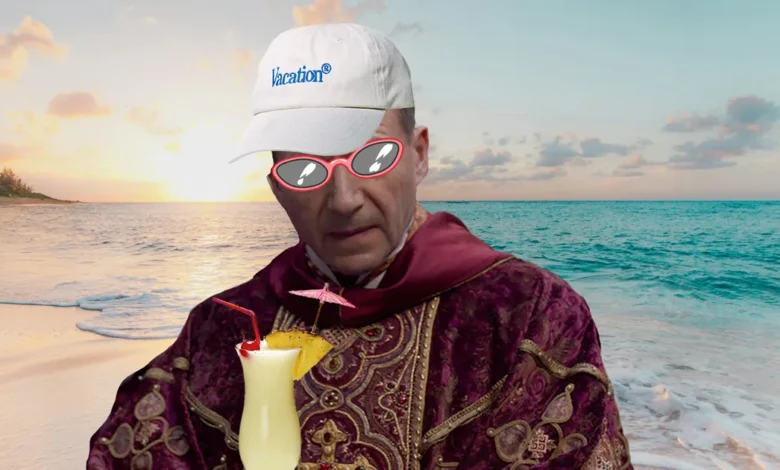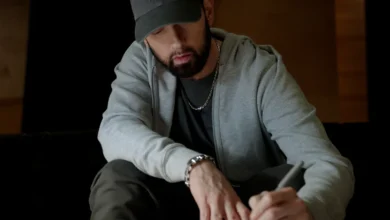

This split follows the Academy Awards norm that only the most serious-presenting dramas are worthy of the highest prizes, regardless of source material or presentation. Airport novels seem to more consistently receive this prestige treatment resulting in box office wins, Oscar nominations, and more widespread respect for the work as opposed to their beach read counterparts. We can even make a prediction and check back on it in several years: Taylor Jenkins Reid’s historical romance The Seven Husbands of Evelyn Hugo grew in popularity on BookTok in 2021 and is set to receive an eagerly-awaited Netflix adaptation, announced in March 2022. By all accounts, the book falls firmly into the beach read category, and although it remains to be seen how the transformation from page to screen will take place, if we take the beach read/airport novel split at face value, it will be hard to expect a full prestige treatment for the film.
Existing IP seems to be a contributing factor to this false dichotomy, where works that have not been pre-assigned to a particular archetype are granted with more wiggle room. If there ever were to be a “prestige beach read” this summer that defies these categories, it would be a hypothetical Materialists book – if it were to have been adapted from a novel in the first place. Here, romantic love triangles meet a star-studded cast, all with an Oscar-nominated writer-director backed by A24. But Celine Song’s story is an original one and not crafted from the dredges of a New York Times bestseller, placing it outside of this distorted Venn diagram.
Perhaps the divide is a festering symptom of a larger call to endlessly categorise, label, and over-digest, also built on a trend of using developing extant IP into marketable new works rather than original ideas. The expectation seems to be that, in order to capture the book’s audience, an adaptation must be made to replicate everything that came before, artificially forcing books into two camps and two distinct visual and narrative styles. Netflix executives reportedly asked screenwriters to “have this character announce what they’re doing so that viewers who have this program on in the background can follow along”, and other turns to remove nuance and subtext in favour of telling viewers just how to watch their media.
Branding and advertising for the small screen, in turn, becomes easier when the “suggested” section is just a repetition of the same film in different fonts; this is the case for both stereotypical beach reads and airport novels. While beach read adaptations become the sprightly background noise for doing laundry, airport novels are instead metamorphosised into the newest high-brow must-watch, cast in deep hues of moody blue and grey. Take Alfonso Cuarón’s Cate Blanchett-led Disclaimer adaptation, for example, from Renée Knight’s 2015 psychological thriller of the same name, filled with the genre’s finest plot twists. The series even enjoyed a première at the 2024 Toronto International Film Festival before its official Apple TV+ release, cementing it as the series of the season brought directly to you by an auteur himself. And yet, like Conclave, many critics and viewers were sceptical of the prestige exterior it claimed to portray. Maybe pulp really can’t be hidden, after all.
Justice for beach reads, which, regretfully, do not get to hide behind this façade of faux sparkle, even at the start. They sit out in all their glory, waiting for another unsuspecting performative Tolstoy reader (or maybe Tarkovsky obsessive) to taser them into submission, bound solely for the BookTok girlies and maybe even beset by celebrity scandal. There’s nothing like a good beach read film consumed with a wine spritz in hand, and they’d gleam further if we gave them the time to be taken as seriously as their airport novel counterparts. It’s time for this oeuvre to shine, where we can proudly claim to love the soapy wonders that it has to offer, on the page and in the cinema.




